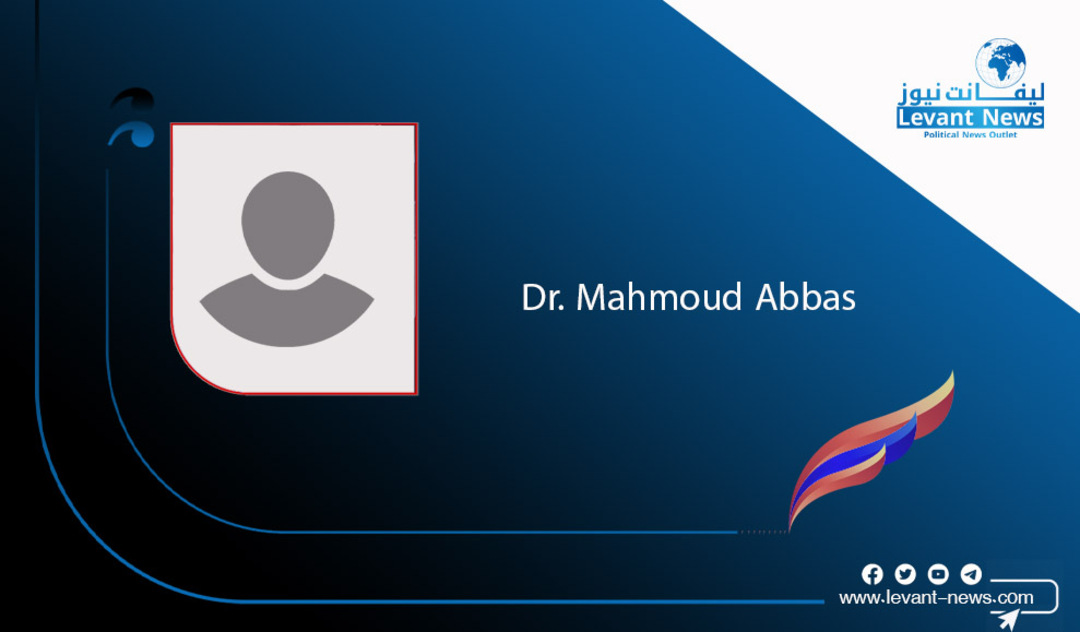-
Between the Daggers of the Ba'ath and the Strings of Hope: The Syrian Unity Epic That Will Not Be Buried

This reckless person of history, an orphan of the makers of death, has no courage to admit that the island he stabs has preserved the dignity of his ancestors on the day they fled from war; and that the Kurds he attacks were once the guardians of the borders of honor in an era when the southern tribes suffered defeat and thirst. But he is a coward, like his president Bashar al-Assad. Today, he relies on a paid pen, a perforated memory, and a recycled project — whenever warlords of tyranny wish to deepen divisions among us.
This puppet, and others like him, have no right to deny gratitude or to write on the ruins of dignity empty words about "identity" and "homeland" — for he does not write for coexistence but to widen the gap between the Kurdish and Arab peoples. He does not seek the truth; instead, he feeds on crumbs of lies.
I challenge him to produce a single archaeological evidence, an Ottoman document, or a map from the 19th century indicating that his grandfather’s tribe was in the island before the Kurds. I challenge him to prove the existence of a single village with an Arab name before the late settlement. I even challenge him to find, in Western travelers’ documents, the archives of the League of Nations, or French reports, his name or his tribe’s name on a map from over a hundred years ago.
Moreover, he contradicts himself in his lines when he states that the island had no borders and no authority, and was a crossing point. Then he comes and constructs a Bedouin nationalist narrative on foreign land, solely to exclude the Kurds from the scene. That Ba'athist mentality, which perpetually peddles the sick Arabization project in the name of "the civil state" and "values of coexistence," secretly dreams of returning to the system of death-makers — practicing the worst forms of fragmentation and exploding the fabric of the Syrian homeland.
He forgets that the locusts he likens himself to do not build civilizations; they devour them. And the Kurds whom he despises are the heirs of civilizations that were never migratory swarms, but deeply rooted in the land, with hearts that preserve gratitude and protect friendship — even if their sources dry up in minds like his. Before the appearance of cursed states that drew political borders with colonial powers’ help on the body of Kurdistan.
This is the island embraced by the Tigris and Euphrates — always a part of the geography of historic Kurdistan, a province of deep Kurdish civilizations long before it became, at the start of the last century, a homeland of diversity and tolerance. This occurred after waves of Arab migration from Najd and Hail, welcoming them with the generous hospitality and authenticity of the Kurds.
With the rise of the Ba'ath, which left remnants still wreaking havoc, one realizes that Syria, during its phases of the death factories, was never a unifying homeland as much as it was a vessel for fabricated identities and imposed colonial borders. The transformation started from a culture of shared coexistence to a culture of racist regimes, from mutual respect to entangling dirty pens from the orphaned, criminal regime’s past — like insects intruding on the pages of history, mercenaries spewing Ba'athist venom that has not been spared despite decades among the Kurds.
Therefore, today, we have no choice but to decisively determine our path: either we become advocates for genuine unity and truthful history, on a land that drank from everyone’s sweat and wounds — not like the filthy flies spreading hatred in every line — or we become witnesses to a new ruin, made by these enemies of hatred, who want us to silently bless their actions.
There is no room anymore for those who lie in the name of Arabism, falsify in the name of nationalism, tamper with Arab symbols, or vomit on the banks of the Euphrates, thinking that the river will carry them as a trust. They will eventually vanish, just as everything fragile and fallen has disappeared.
O children of this bleeding homeland, those who gathered bread, water, fields, schools, sweat, and blood — do not leave the memory of Kurdistan’s island vulnerable to mercenaries of pens! Do not let the carriers of the Ba'athist banner slip through neglect to tear apart the remaining threads of harmony.
We do not need verbal daggers stabbing neighborliness; rather, we need patriotic surgeons who mend the Syrian body’s memory and restore respect to the land that embraced everyone — not asking about their lineages but about their humanity.
Dr. Mahmoud Abbas
You May Also Like
Popular Posts
Caricature
opinion
Report
ads
Newsletter
Subscribe to our mailing list to get the new updates!




















